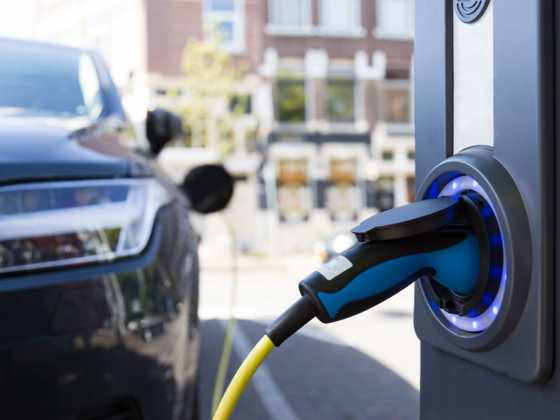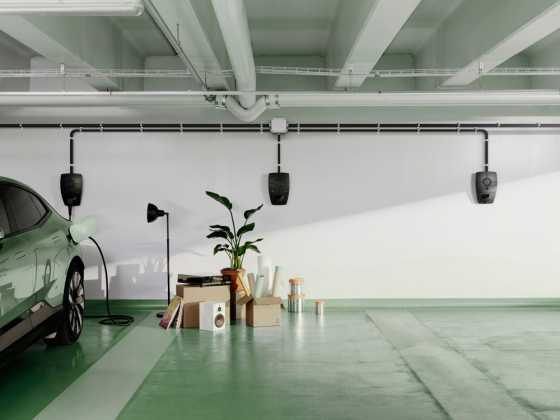Planning and Infrastructure Bill to prioritise clean energy

The Planning and Infrastructure Bill, to be introduced in Parliament this week, will enable dozens of clean energy projects to skip the queue for grid connections and be prioritised,
Projects that are ready for implementation like solar farms or new factories currently face long waits of up to ten years due to outdated connections process.
This ‘first come, first served’ approach is blocking infrastructure from being able to connect as it is held up by speculative projects that are ahead of the queue. It will be replaced by a ‘first ready, first connected’ system that prioritises clean power projects for quicker connections to build an energy system that can bring down bills for good.
This will mean that more decisions for onshore and offshore wind, solar power, electricity grids, hydrogen, carbon capture and nuclear power stations will be fast-tracked, creating thousands of new jobs, adding billions to the UK economy, and delivering more clean energy for people to power their homes.
Ken McMeikan, CEO of Moto: “I welcome the measures proposed within the Planning and Infrastructure Bill, which is a step in the right direction to accelerate our efforts towards the transition to zero-emission vehicles. By prioritising clean energy projects like solar, streamlining planning processes for the installation of electric charging infrastructure, reforming grid connections to a 'first ready, first connected' model, and doubling the electricity grid's transmission capacity by 2030, we can ensure a reliable energy supply to meet the ever-growing demand for electric vehicles.
"Last year, we facilitated two million charging events across our Motorway Service Areas. This demand underscores the urgent need for reliable infrastructure. We, like many other businesses, have encountered significant barriers in securing adequate power from the grid to meet the electricity demands from the UK's electric vehicles, as well as obtaining the necessary planning permissions to accommodate these vehicles in the first place. This legislative package is imperative for sustaining the growth of our EV charging capacity."



